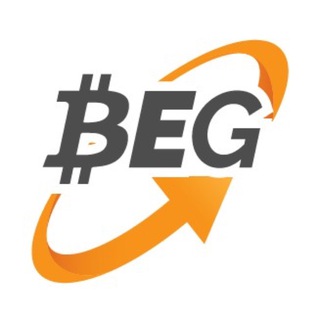The head of the Monetary Authority of Singapore (MAS) is bullish on decentralized finance (DeFi), and that central banks and regulators can potentially shape this decentralization. Earlier this week, Ravi Menon, Managing Director at Singapore's central bank, gave remarks at the “Decentralised Finance and the Future of Money” panel at the Andrew Crockett Memorial Lecture by Mark Carney via Video Conference. Here, he talked about centrifugal forces driving financial functions away from the traditional core and affecting all aspects of the monetary system. “The delivery of retail financial services is being decentralized,” said Menon, explaining that it is happening in two ways. One is by non-financial players, including big tech, fintech, and smaller technology firms which are often unregulated and providing payments, lending, savings, and investments as complements to their core digital service. The second is regulated financial players who are reinventing their business models and leveraging on technology to offer an array of non-bank digital platforms in an attempt to reach new customers at lower acquisition costs. “Central banks and regulators should welcome both these developments,” said Menon, adding, regulators also need to be on alert about new sources of risk. What needs to be done is “adapt our regulatory approaches,” including paying greater attention to market conduct, consumer protection, and technology risks and making regulatory frameworks more modular and agile.
“Technology is enabling a fundamentally different approach to financial infrastructure, compared to the centralized systems of today.”Menon takes note of crypto networks here which are based on self-executing smart contracts and non-custodial financial services, where users maintain control over their assets at all times. While by replacing intermediaries and central parties, these networks reduce cost and risk, by decentralizing key aspects of financial infrastructure, they “can also potentially enhance inclusion and innovation.” Though self-governing networks can not meet the high standards of governance, security, and resilience that are demanded of critical infrastructure, “central banks would do well to incorporate these innovations in designing the next generation of payment infrastructure,” he added. However, while cryptos like Bitcoin have “failed to become money,” Menon urges not to discount the possibility of better algorithms leading to such cryptocurrency whose widespread use “could lead to an erosion of the nation state’s monetary sovereignty” and have implications for “central banks’ ability to safeguard financial stability,” to which small economies may be particularly vulnerable. Given that currency competition is not an unfamiliar challenge, the top official says, the benefits of an independent monetary policy have to be weighed against the efficiency gains from adopting a more widely used currency.
“The future of money is too important a matter to be left entirely to central bankers.”
 bitcoinexchangeguide.com
bitcoinexchangeguide.com